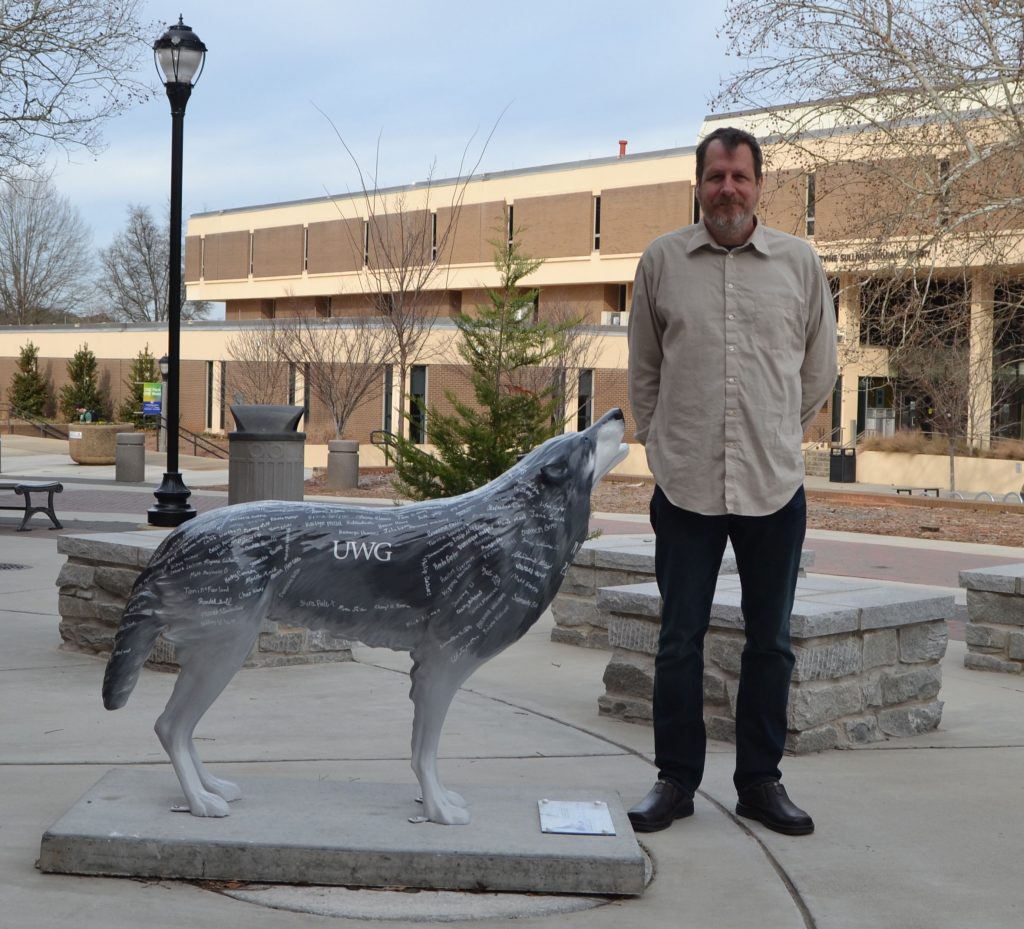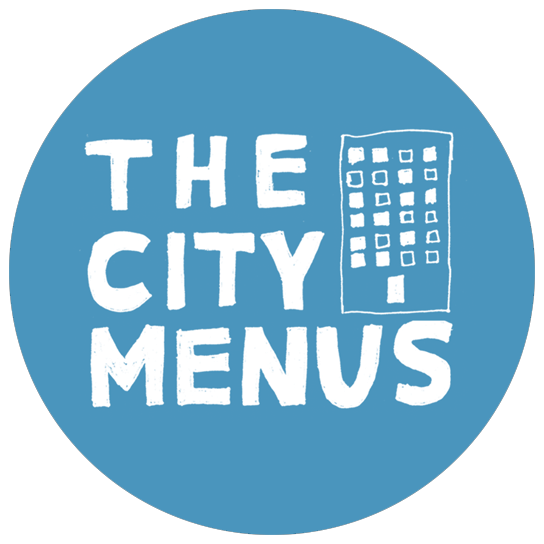
Press Release by Bryan Lindenberger.
When you think of sustainability, you probably think of sustainable energy sources such as wind or solar.
You might not think of the food you eat at Dine West, the lights installed in the new biology building or social sustainability as promoted by various programs and offices, such as the Center for Diversity and Inclusion.
Yet, when creating a sustainability plan for the University of West Georgia, these are exactly the sort of things UWG geosciences professor Dr. Hannes Gerhardt must consider.
“The UWG Strategic Plan 2014-2020 presented by [UWG President] Dr. Kyle Marrero specifically calls for sustainable growth,” Gerhardt said.
As director of the Center of Sustainability, Gerhardt has led the charge by chairing the Sustainability Council, a collection of representatives from across the spectrum of UWG divisions interested in becoming “a regional leader in sustainability and one of the most innovative and recognized ‘green’ campuses in Georgia.”
Gerhardt’s approach to developing a comprehensive plan relies in part on standards set by the Association of the
Advancement of Sustainability in Higher Education, or AASHE. UWG earned a Bronze Star rating, or 31 percent of all possible credits, upon completing an AASHE assessment three years ago. Gerhardt, now in the process of resubmitting the survey for 2018, anticipates a higher score this time around.
He also realizes the need for an overarching sustainability plan.
“The plan we are developing is based on the AASHE survey,” Gerhardt said. “It addresses sustainability in the curriculum, buildings, grounds, dining, campus and public engagement activities, transportation and more. It runs the gambit.”
Gerhardt, a geographer, brings a rigorous, scientific background to these efforts in creating a sustainable campus, teaching courses in both environmental science and geographies of sustainability as well as world, cultural and political geography. For him, the connection between geography and sustainability is not only natural, but scientifically and historically founded.
“In some sense, geography has always had environmental science as an integral part of its outlook,” Gerhardt explained. “Environmental science is ultimately the study of human impacts on the environment.”
Gerhardt presented the UWG Sustainability Plan 2018 – 2021 at a sustainability meeting open to the campus community. Of particular interest for this coming year in regard to the plan was increasing engagement among faculty and students. Introduction to campus initiatives during student and faculty orientation, for instance, was seen as one avenue to both showcasing UWG’s commitment to sustainability, while sowing new interest. Dine West was seen as an opportunity for increased sustainability through purchase of organic foods as economical, and also as a means of showcasing events.
Now approved by the council, the plan will move to Marrero’s desk for consideration.
CUTLINE: UWG geography professor Dr. Hannes Gerhardt has developed a comprehensive plan on how the university can achieve “sustainable growth,” an item specifically called out in the UWG Strategic Plan 2014-2020. The plan addresses sustainability in the curriculum, buildlings, grounds, dining, transportation and more.

